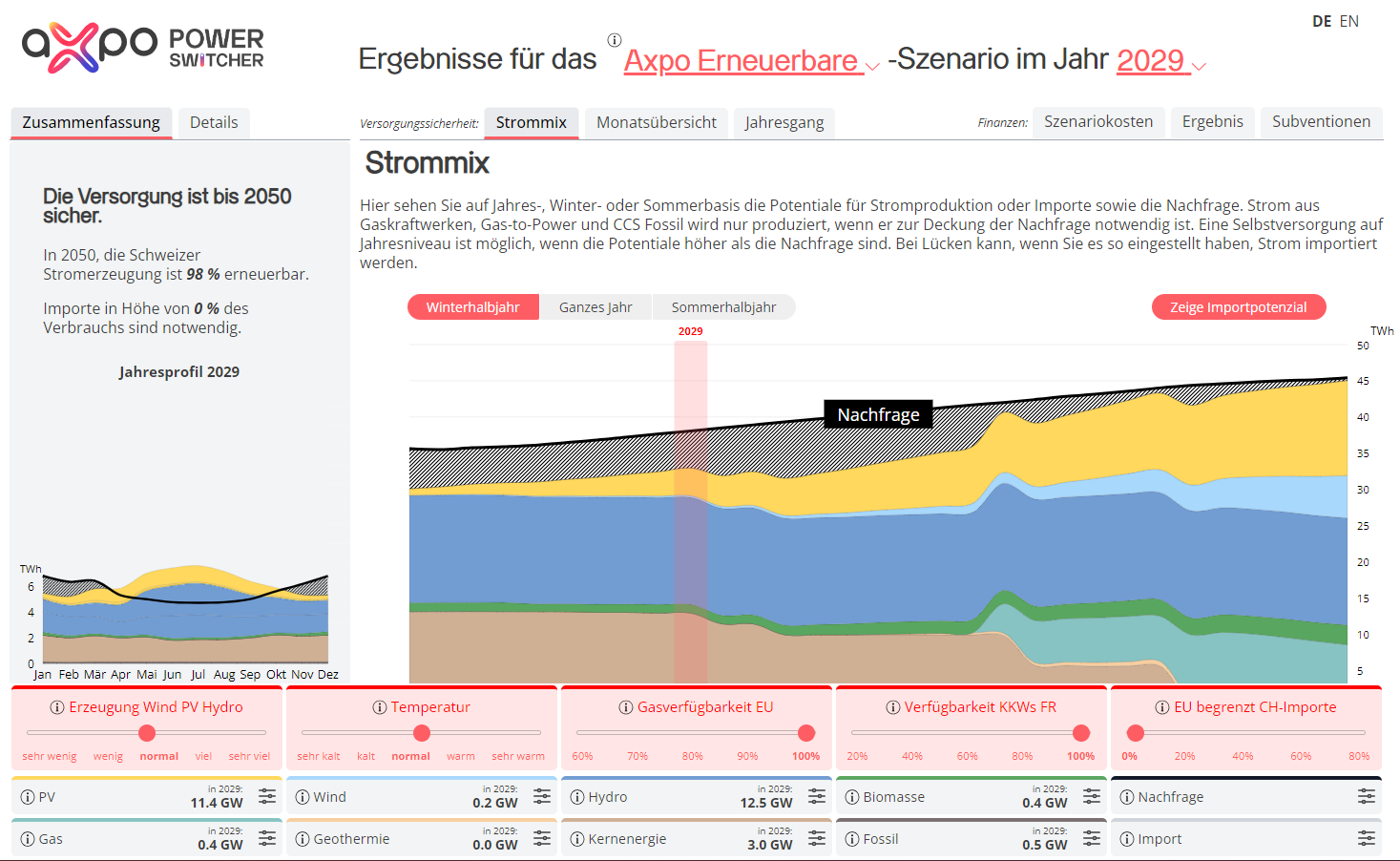19.12.2023 | Policing EU wholesale energy markets
EU Parliament and Council reach agreement on energy market transparency
On 17 November 2023, the European Parliament and the Council found a politi-cal agreement on the ongoing reform of the Regulation on Energy Market Integrity and Transparency (REMIT) and on the Regulation establishing a European Union Agency for the Cooperation of Energy Regulators (ACER) as part of the ongoing Trilog negotiations.
The agreement includes targeted changes to enhance transparency and monitoring capacities under REMIT, as well as a more effective investigation and enforcement of potential cross-border market abuse cases.
Background
On 14 March 2023 the European Commission had issued proposals to update REMIT, which has been in place since 2012, to adapt it to new developments in wholesale market trading, such as algorithmic trading. The proposal to revise REMIT gained further political momentum due to high and volatile energy prices affecting European households and industrial consumers since summer 2021 with peaks reached in 2022, since many policy makers worked under the assumption, that wholesale energy trading is responsible for rising and volatile energy prices, often using the terms “hedging”, “speculation” and “market manipulation” as synonyms.
The revision of the ACER-Regulation, which is part of the same legal document as the revision of REMIT, was triggered by a perceived lack of investigations into cross-border energy wholesale transactions. A report by the European Court of Auditors (ECA) published in January 2023, concluded, that progress with the integration of the EU’s internal energy market was slow, amongst other due to a “complex legal architecture and weaknesses in the EU ‘s governance framework.” In particular ECA criti-cised that “ACER is not empowered to ensure consistent enforcement of the rules at national level and its market surveillance is still incomplete, both leading to a limited number of penalties.” As a consequence ECA recommended that the European Commission enforces the ACER’s governance and its surveillance activities.
The reform of REMIT and of the ACER Regulation was published on the same day as the proposals for a reform of the EU’s electricity market design; also this are two separate law-making processes, they are both intended two protect European energy consumers against volatile and high energy prices. An agreement on the reform of the EU’s electricity market design was found in the early hours of 14 December 2023 between the European Parliament and the Council.
Office obligation for non-EU market participants
In its original proposal the European Commission had introduced an “office obligation” for non-EU market participants under REMIT. Under the current wording, non-EU market participants just have to register in the EU with a national regulatory authority of an EU member state where they are active. The office obligation would oblige non-EU market participant to open an office in the EU. But it is an amendment proposed by the European Parliament, according to which non-EU market participants would have to open an office in an EU member state “from which they carry out their prin-cipal activities” which created the biggest concerns: it could mean, that trading floors would have to be moved from overseas to the EU. This could drive market partici-pants out of the EU’s internal energy market or prevent them from entering it in the first place, thereby affecting liquidity in wholesale energy markets and putting security of supply at risk, if e.g. LNG importers from non-EU countries would refrain from becoming active on Dutch gas trading platform TTF.
Fortunately during the Trilog negotiations the proposal by the Council prevailed, according to which non-EU market participants will only need to designate a legal repre-sentative in an EU Member State, who would then interact with requests from ACER and/or national regulatory authorities (NRAs). The exact details will still have to be defined via implementing acts.
It is worth noting that concerns about the EU’s office obligation triggered a bipartisan letter from the US Senate to EU law makers, warning against the negative effect of such a measure on both liquidity and energy prices and that it would “undermine years of hard work between U.S. and EU policymakers regarding regulatory coopera-tion in financial markets”.
Extended scope & competences for ACER
The scope of ACER's decision-making powers has been defined in relation to on-site inspections, requests for information and authorisations or withdrawals of authorisations for Inside Information Platforms (IIPs) and Registered Reporting Mechanisms (RRMs). ACER will be authorised to impose periodic fines to ensure compliance with decisions on on-site inspections and information requests, but EU Member States re-tain the power to impose fines for violations or breaches of REMIT.
According to the political agreement, ACER is granted the right to investigate and pri-oritise cross-border cases, especially those involving at least two EU Member States. But the European Parliament and the Council also agreed that national regulatory authorities (NRAs) can object to ACER's investigative powers, if they have formally initi-ated or conducted an investigation into the same facts, with a maximum objection period of three months. This ensures that for example for cross-border cases involving Germany and France, the NRAs BNetzA (Germany) and CRE (France) remain competent for investigating and sanctioning REMIT infringements related to German and French market participants and that ACER is not automatically competent. It remains to be seen whether a special clause requested by the Council has been re-tained, according to which two EU Member States with one joint balancing zone (e. g. Germany and Luxembourg) would not trigger ACER’s competences.
With view to non-EU market participants from Switzerland, the UK or the US, it remains to be seen based on the consolidated wording, whether the involvement of such a non-EU market participant acting in an EU Member State will automatically trig-ger ACER’s competences without the possibility for the concerned EU Member State to react.
Technical debates ongoing
Beyond the above-mentioned main topics of office obligation and ACER’s competences vs NRAs competences, many other operative REMIT issues are still open; these tech-nical questions, which may have a major impact on the implementation of the new rules by market participants, continue to be negotiated within the so-called technical Trilog. Market participants will therefore have to continue engaging with EU policy makers in order to prevent a deterioration of the current wording of REMIT. Requests brought forward by the European Federation of Energy Traders (EFET) include for example longer implementation periods for the technical changes proposed, reasonable thresholds for reporting obligations and definitions taking into consideration the specificities of energy wholesale trading as opposed to financial markets.
Way forward & Swiss finish
Once the technical Trilogs will be concluded and once a consolidated version of the legal text is made available, it will have to be formally adopted by the European Parliament and the Council. There is a slight risk, that the European Parliament will not formally adopt the political agreement, since the Spanish Council Presidency pushed through most of the EU Member States requests, which only received the support of the representatives of the EPP, ECR and S&D on the side of the European Parliaments delegation.
In case the political agreement is formally adopted by both chambers, it would enter into force following the twentieth day of its publication in the EU Official Journal; a large part of the legislation would only be applied after further implementing acts have been adopted, which might take some time.
Swiss energy traders active in both the EU and Switzerland will have to consider the consequences of the REMIT-reform & revised ACER-Regulation and the consequences of a possible Federal Act on Supervision and Transparency in the Wholesale Energy Markets (Bundesgesetzes über die Aufsicht und Transparenz in den Energiegrosshandelsmärkten - BATE). BATE contains provisions on the transparency of trading trans-actions, a ban on insider trading and market manipulation, as well as sanctioning powers for Swiss energy regulator ElCom and penal provisions for offences. It largely implements REMIT into Swiss law. The Swiss law-making process was launched in No-vember 2023; BATE might enter into force at the beginning of 2027.
Commission proposal for a revision of REMIT & ACER-Regulation (14 March 2023)
https://eur-lex.europa.eu/legal-content/EN/TXT/PDF/?uri=CELEX:52023PC0147
Council General Approach (22 June 2023)
https://data.consilium.europa.eu/doc/document/ST-10872-2023-INIT/en/pdf
European Court of Auditors Special Report 03/2023: Internal electricity market integration: “Internal electricity market integration Complex legal architecture, delays, weaknesses in governance and incomplete market surveillance hamper full achievement of the ambitious objective”




.jpg)





